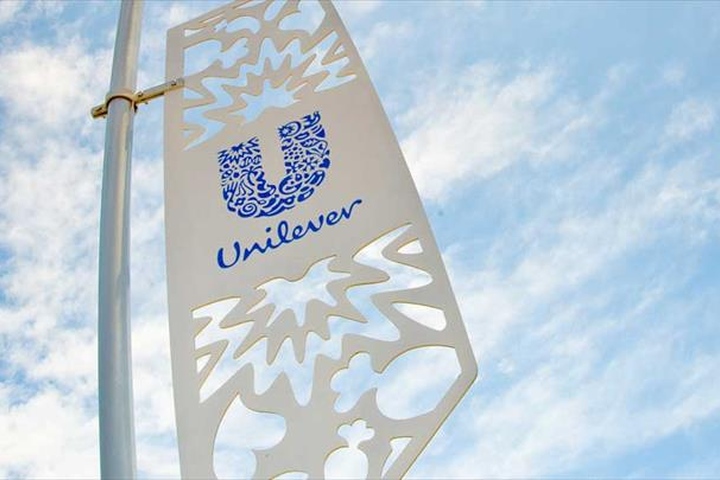UNILEVER
Giant admits to failure of sustainability target / Management should “hang their heads in shame” – Greenpeace
By Plasteurope.com correspondent
The boss of packaging at Unilever (London; www.unilever.com) has admitted that the multinational has fallen short of achieving its sustainability goals and pledged to do better. In a statement on the group’s website, Pablo Costa, Unilever’s global head of packaging, said the group had made progress in terms of reducing the amount of virgin plastic it used by 18% and increasing the input of recycled material to 22%.
The boss of packaging at Unilever (London; www.unilever.com) has admitted that the multinational has fallen short of achieving its sustainability goals and pledged to do better. In a statement on the group’s website, Pablo Costa, Unilever’s global head of packaging, said the group had made progress in terms of reducing the amount of virgin plastic it used by 18% and increasing the input of recycled material to 22%.
 The food and skincare-product giant has updated its sustainability goals since (Photo: Unilever) |
However, he said, Unilever recognised “that we’ve fallen short against some of our most ambitious goals”.
The aim of halving the amount of virgin plastic used in its packaging was one such failure, he acknowledged. “This has proved more challenging than any of us anticipated at the time. Assumptions made on the development of new technologies and infrastructure have simply not materialised as they are not fully in our control.
“For example, a gap remains between the ‘technical’ recyclability rate of our plastic packaging portfolio (72%) versus the ‘actual’ recyclability rate (53%). Designing our packaging for recycling is only the first step. There also need to be systems in place to recycle it, in practice and at scale.”
Sustainability goals updated
Costa said Unilever had learned a series of lessons and had now updated its sustainability goals to reduce its virgin plastic use by 30% in 2026, and by 40% in 2028; ensure that 100% of its plastic packaging is reusable, recyclable, or compostable, by 2030 for rigid plastic, and by 2035 for flexibles; use 25% recycled plastic in its packaging by 2025; and collect and process more plastic packaging than it sells by 2025.
Added Costa: “We’re calling on governments to accelerate the implementation of mandatory and well-designed extended producer responsibility schemes, which hold businesses to account for the packaging choices they make. They can help improve recycling systems…by ensuring money is invested back into waste management and packaging innovation. This in turn drives up recycling rates and the supply of recycled plastic.”
Related: 56 companies responsible for half of branded plastics pollution
Unilever is generally seen as a pioneer in environmentally sensitive business practices, but its announcement comes after a series of withering attacks from environmental groups, which argued that the company’s sustainability claims amounted to little more than greenwashing.
Last month – weeks before Costa’s statement – news agencies reported Unilever was planning to water down some of its environmental commitments. Greenpeace UK said the company’s management should “hang their heads in shame”.
And a Greenpeace report published at the beginning of April said that despite assurances from Unilever that it would cut the manufacture of single-use-plastic sachets for many of its liquid products, including Dove skincare, it had increased sachet production by around 40% between 2010 and 2023.
Added Costa: “We’re calling on governments to accelerate the implementation of mandatory and well-designed extended producer responsibility schemes, which hold businesses to account for the packaging choices they make. They can help improve recycling systems…by ensuring money is invested back into waste management and packaging innovation. This in turn drives up recycling rates and the supply of recycled plastic.”
Related: 56 companies responsible for half of branded plastics pollution
Unilever is generally seen as a pioneer in environmentally sensitive business practices, but its announcement comes after a series of withering attacks from environmental groups, which argued that the company’s sustainability claims amounted to little more than greenwashing.
Last month – weeks before Costa’s statement – news agencies reported Unilever was planning to water down some of its environmental commitments. Greenpeace UK said the company’s management should “hang their heads in shame”.
And a Greenpeace report published at the beginning of April said that despite assurances from Unilever that it would cut the manufacture of single-use-plastic sachets for many of its liquid products, including Dove skincare, it had increased sachet production by around 40% between 2010 and 2023.
13.05.2024 Plasteurope.com [255236-0]
Published on 13.05.2024
